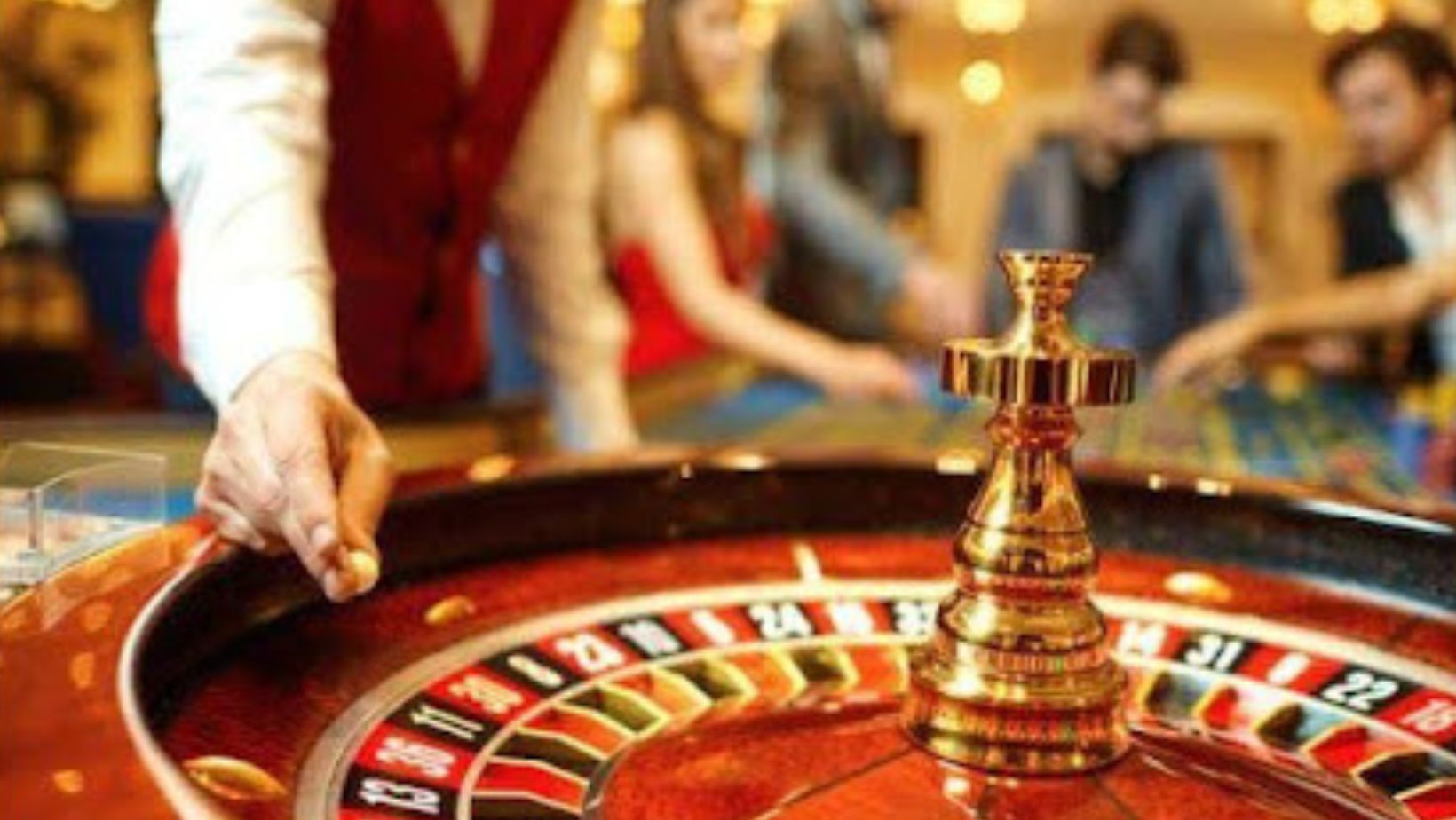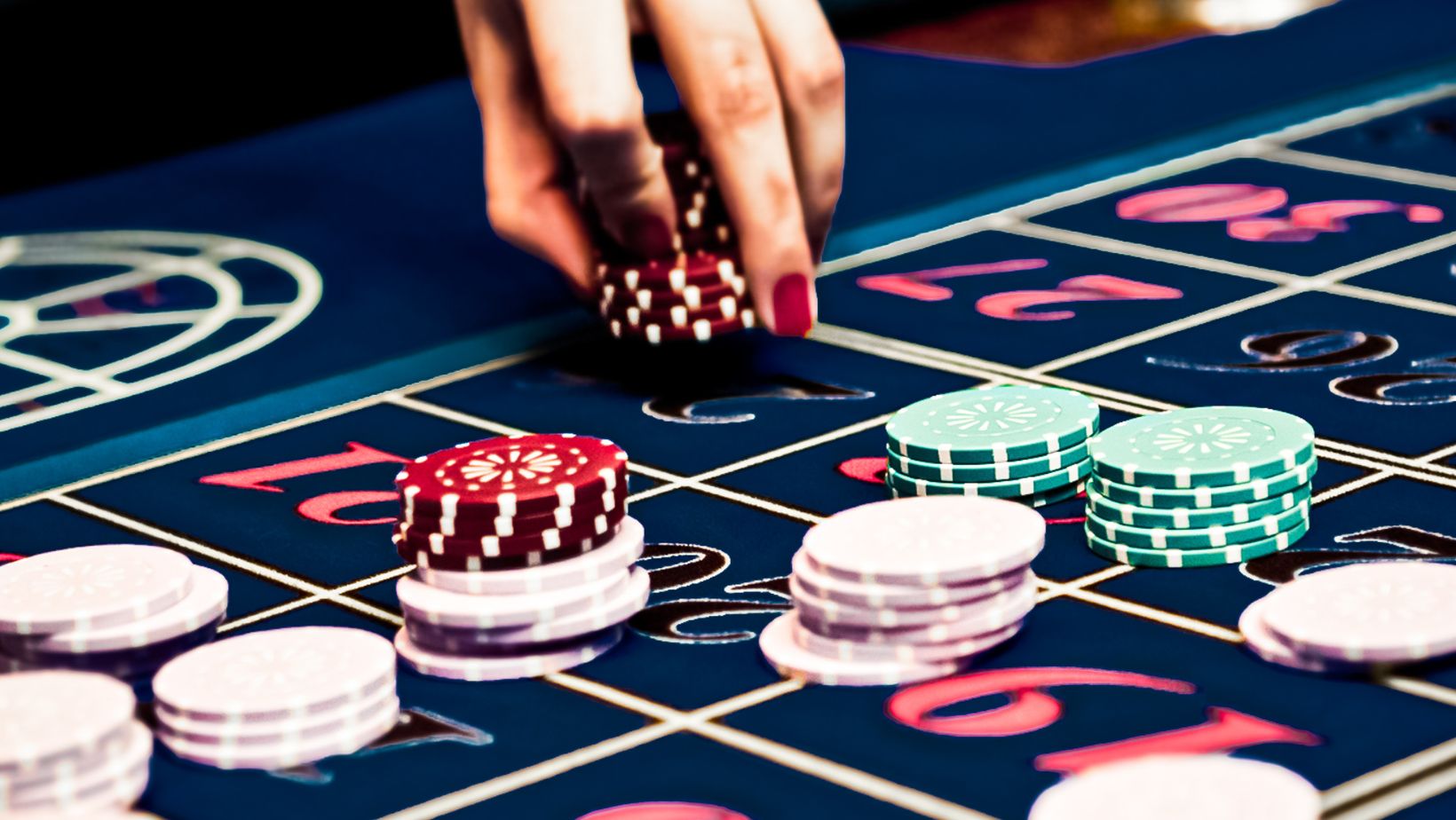
Gambling has been a part of human life for centuries because it blends hope, thrill, and fun. Most people see it as a way to escape the daily stress, and some play to be entertained. But the question is, what triggers the gambling behavior? Why do people only want to gamble when they could do other things? Let’s see the major reasons behind this.
The Suspense of Uncertainty
The biggest trigger is thrill. This feeling is of not knowing what will happen next and the possibility of winning big. Every bet, card, or spin gives people a huge adrenaline rush and a sense of surprise. It is like riding a rollercoaster or watching a horror movie. The anticipation and the winnings keep the players coming back again and again. Our brains feel good during these moments because we get a big dose of dopamine. People then become addicted to this feeling and want to feel it repeatedly.
The Aspiration to Win
Winning is addictive, and everyone wants to get that big reward or hit a jackpot. This creates a sense of achievement, and even the smallest win can push players to keep going and create confidence. Players just want to feel success, which is why it is not mostly about money.

When players win, they think that their luck or skills are improving. This false belief keeps them playing.
The Enhanced Social Influence
For those who don’t know, gambling was made to socialize people. It was a group activity where people shared their excitement and played together. But people soon made it all about money. Online betting platforms like BET16 and casinos create an environment filled with rewards and blinding lights that completely grab the player’s attention. Online betting events and platforms make it easy for gamblers to access games anytime, anywhere. Such convenience makes the gambling world a modern culture of entertainment.
Having the Illusion of Control
Most players are under the illusion that they can control the result of the game. They think that a ritual, lucky number, or strategy will change the outcomes and increase their chances of winning more money. This mirage of control keeps them hopeful and engaged. But in reality, gambling results are based on mere chance. The mind tells the players to spin just one more time. If one understands this illusion, they can stay mindful and play responsibly. You can stay in control while gambling by following the simple tips:
- Get help if gambling starts to feel like a bad habit.
- Observe your emotions.
- Play for fun.
- Avoid long sessions and take breaks.
- Set a budget and time limit before you start playing.
Ease of Access via Technology
Technology has made gambling more fun and accessible than before. Online platforms, apps, and smartphones enable users to play from the comfort of their homes. In the past, players had to go to a casino, but now you can win and play strategically from your couch with just a click away. The digital world has shortened the line between gambling and gaming, where quick sign-ups and free spins make it easy for gamblers to start. This level of availability triggers impulsive behaviors and decisions.
Conclusion
Environmental and emotional factors trigger gambling behavior. The ease of access and excitement make it very appealing. The important thing is to always remember that gambling must remain a source of entertainment. Gambling can become a fun part of life if players have self-control, know when to stop, and understand their spending limits.


